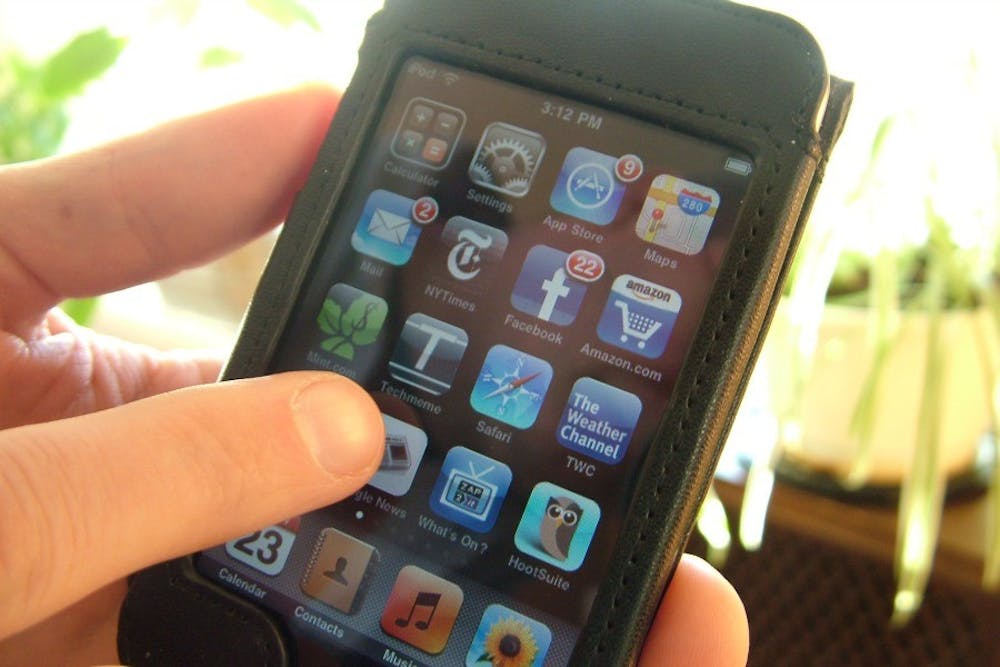An extra exclamation point, a deliberate period or misplaced capital letters: all seemingly innocuous grammatical tweaks until placed into a common text message.
These ordinary elements of language have the power to turn a friendly message into something malicious. And as texting becomes one of the most commonplace forms of communication, deciphering these subtleties is more difficult and important than ever.
Eight trillion text messages are sent every year, according to Bloomberg News. This constant conversation has allowed texters to design their own language to emit a tone of voice through text.
Yet, this method is not perfect. It opens the door for major miscommunications, according to clinical psychologist Randi Gunther.
"Even when people are fighting or sexting on text, their response[s] to each other are instant and evidently not very well thought out," said Gunther who has been a marriage counselor for 43 years. "How could they be when [people] are moving at that rapid a pace?"
Sara Schindler, a senior linguistics major, has done extensive research on the use of language on the popular blogging website, Tumblr. She noticed in her research that certain punctuation such as capital letters are commonly used to convey anger or excitement.
Because there is not a way to distinguish between the two emotions through writing, the recipient of a text message may misinterpret the intent of the sender.
"If I received a text message that said 'OMG THAT MOVIE THOUGH,' depending on the context, I may not be able to ascertain their tone," she said. "The only linguistic clues I have to analyze are the capital letters. I can't be certain whether that comment about the movie is meant to be positive or negative."
Texting activates the part of our brain that does automatic stereotyping, allowing someone to have about 10,000 new perceptions per second. The brain interprets those perceptions and decides what, if any, response is required. This action also requires the recipient to make important decisions without the added clues of in person communication, Gunther said.
"Words are only 10 percent of communication," Gunther said. "A glance, a sigh, a rolling of the eyes, a warm touch, a look of genuine surprise, a painful expression of boredom … No one hears exactly what another feels and means unless they take the time to understand it in context of all that surrounds that communication."
Gunther thinks texting has made for lazy communication and forced the recipient to make snap judgments on the sender's emotions, causing a higher probability for misunderstanding.
However, junior Allison Klonne believes texting can be an asset to romantic relationships.
Enjoy what you're reading?
Signup for our newsletter
"Texting is great when the two people have busy or different schedules. They can respond to the other person on their own time or just remind the other person how awesome he or she is without having to schedule a time to talk," Klonne said. "I think it's a great way to keep a relationship alive between intermittent dates or phone calls and seeing each other."
To keep a healthy texting relationship with a significant other, Gunther suggests avoiding any topics that include something "sacred or crucial" that could be easily misinterpreted. She also thinks that if people learned to pack the emphasis and meaning they use in their tweets into their text messages, it could make shortened communication much more meaningful.
Even so, Gunther thinks texting may never compare to the romance of a handwritten letter.
"A letter arrives, long awaited, the person receiving it goes to a private place and then reads every word as if it is sacred," she said. "[Text] messages are short and can reach [someone] at any time, even on the toilet."




